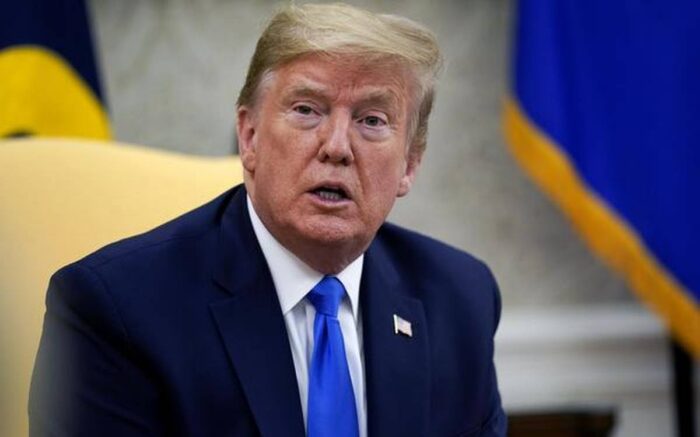New Delhi: In a move that could spoil the dreams of thousands of techies in India, US President Donald Trump is expected to soon sign an order suspending all temporary work visas, including the highly-coveted H-1B visa, according to a report. Visa restrictions are seen as a step to protect jobs for American workers, hit hard by the coronavirus pandemic.

Citing multiple sources familiar with the plan, NPR News reported that President Trump is expected to sign an order to suspend H-1B, L-1 and other temporary work visas through the end of the year. The new order is expected to come broad exceptions and it is unlikely to affect those already working in the US. The order would target H-1B visas, which are designed for certain skilled workers such as those employed in the tech industry, as well as L-1 visas, which are meant for executives who work for large corporations, the report said.

In the meantime, Trump has confirmed to Fox News that his government is going to announce something tomorrow or the next day on visa. Asked if there would be exclusions from the new restrictions, Trump said very few. You need them for big businesses where they have certain people that have been coming in for a long time, but very little exclusion and they’re pretty tight,” he said. “And we may even go very tight for a period of time.
H-1B work visas are popular with Indian companies with US operations as well as Indians seeking to work in America. The US government has capped H-1B visa to 85,000 every year, out of which around 70% goes to Indians. Trump is also expected to suspend H-2B visas for seasonal workers such as hotel and construction staff, J-1 visas, which are meant for research scholars and professors, and other cultural and work-exchange programs.
Trump could renew the suspensions when they lapse. The order is not expected to immediately affect anyone already in the United States,” the report said. The ban on H-1B visas, which are often used to fill very niche positions that are not easily found in the American workforce, will ultimately prove to be counterproductive and is an example of using a nuclear bomb to address a bar fight,” Leon Fresco, a former deputy assistant attorney general in the Obama administration who now represents H-1B workers, was quoted as saying in the report.


Comments are closed.